Alan
“We increasingly make do with an impoverished language for landscape. A place literacy is leaving us,” writes Robert Macfarlane in a sumptuous essay in the Guardian on the multitudinous words he’s gathered from across the United Kingdom for features of nature. His project is writerly, of course, but it’s also subversive. By fastening words to visible nature, he hopes to re-particularize our perceptions of landscapes and, from that, know them, love them, and protect them better. My favorite word is “ammil”: the glittering lacquer of ice that coats every twig and blade of grass when a freeze follows a thaw. Just knowing the word for it refills me with wonder for the few times I’ve witnessed it.
In Unlocking Home, I spilled a lot of ink over the discriminatory, exclusionary nature of occupancy limits in housing: they are, pure and simple, a way to keep out people short on money. Well, the impulse is as strong as ever in Bellevue, Washington, where neo-rooming houses are being legislated out of existence in single-family neighborhoods close to a major college. CityLab explains.
Serena
Who knew this podcast existed and didn’t tell me? Gastropod is a bi-weekly-or-so podcast on “food through the lens of science and history”—in other words, foodie nerd heaven. A recent episode discussed one of my own favorite comestibles—cheese!—apparently born of a major environmental crisis thousands of years ago.
As some states try to restrict how welfare recipients use public benefits, these charts are a good reminder of how the rich and poor really spend their dollars.
If you thought Edith Macefield’s refusal to sell her Seattle home to developers was impressive, check out these photos of her Chinese counterparts’ holdout homes.
Anna
Apologies in advance. My picks this week aren’t exactly cheery. But here goes…
If you haven’t already, it’s time to question whether we are really the “wise” primate (homo sapiens sapiens, yeah right!) Our own dear US Congress has made undermining energy solutions and environmental protections the focus of its first 100 days.
An alarming number of teenagers are quitting school to work. Researchers at the Urban Institute found that nearly a third of the 563,000 teenage dropouts left school to work. These 16- to 18-year-olds were disproportionately male and Hispanic. A third of the kids contribute more than 20 percent of the total annual income of their households, a tenth contributed more than 50 percent.
Please read this Mother Jones report on the cost of gun violence in the US. The truth is that we really don’t know the costs; they tend to be hidden and unaccounted for, but they’re steep. We don’t even have great numbers for injuries and fatalities. But at least 750,000 Americans were injured by gunshots over the last decade and more than 320,000 were killed. Mother Jones estimates we pay more for gun violence than we do for obesity and almost as much as Medicare.
And I don’t know about you but I find this corporate reality shocking and backward: Americans are spending $153 billion a year to subsidize McDonald’s and Wal-Mart’s low wage workers.
Bonus: Check out Yes! Magazine’s photo essay, “8 Striking Portraits of People in the Path of Canada’s Mega Tar Sands Pipeline.” Photos are paired with short audio recordings of each subject. Interesting, people, inspiring stories. Good stuff!
Keiko
Seattle is now experimenting with an unorthodox concept: outdoor preschool! Tiny Trees is taking experiential learning to the next level by providing outdoor education 365 days a year—rain or shine. In a world where children are becoming more reliant on screens, outdoor preschools allow them to learn through play and become more connected to the natural world. Wow—accessible, affordable, and outdoors? That’s some quality education!

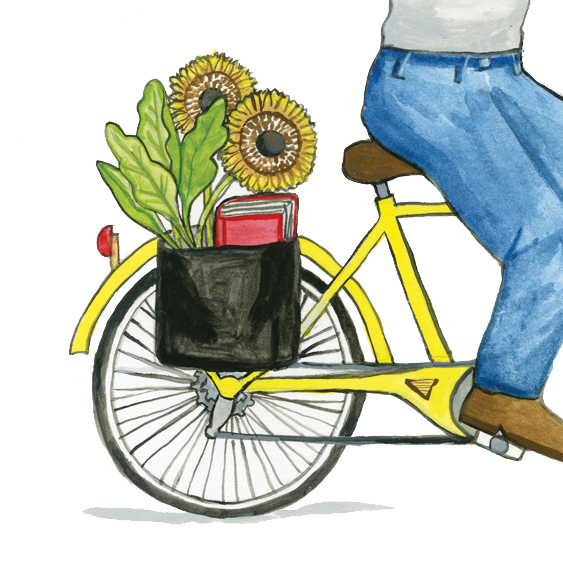
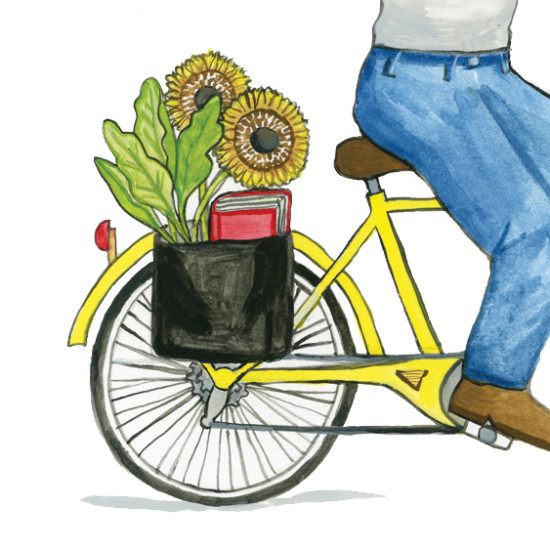


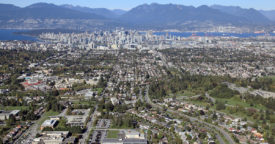
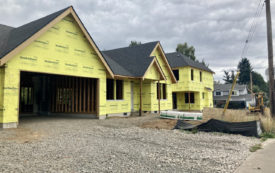
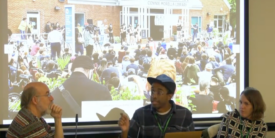
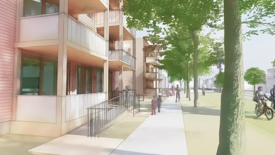

Chris
Macfarlane’s book sounds a lot like Barry Lopez’s “Homeground”, published a few years ago.